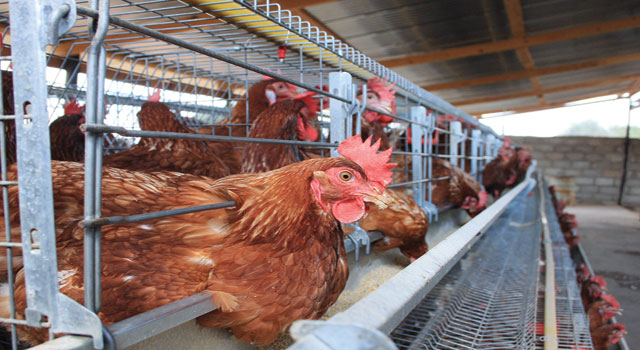Relations between Botswana and the European Union (EU) will focus more on education and human resources development. This was revealed by the EU head of delegation and SADC ambassador Alex Baum at a recent launch of the European Times publication on Botswana. Also speaking at a meet and greet session with the media last week, Baum said a large portion of the the 33 million Euros allocated to the European Development Fund (EDF) will be used to finance education, public sector reforms and improving Botswana’s business environment. He added that the EU’s development philosophy is aligned to that of Botswana in the sense that both are geared towards education.
“The EU has supported Botswana’s remarkable efforts in the education sector for many years. We have a budget of 117 million Euro for the period up to 2017 and we aim to ensure that education becomes human capital also in economic terms, which is that young people find employment and contribute to competitive production,” he said.
Baum said government must focus on a providing high quality education that produces highly trained and easily employable graduates with the necessary skills and the right mind-set while the private sector must provide employment. Relations between Botswana and the EU are based on the ACP-EU Cotonou agreement, through which the EU has made a commitment to contribute to sustainable development of Botswana and the Southern African Development Community (SADC). The EU has also been involved in on-going efforts to revitalise Botswana’s beef industry as it recently financed a report on the beef value chain, which provided interesting facts and recommendations for development of the industry. The EU has also provided support for many other value chain analyses for important and emerging sectors such as tourism, horticulture, dairy, leather, poultry and piggery.
“2.3 million Euro has been provided for private sector development to finance capacity building and competitiveness of small and medium enterprises and enhance service delivery in targeted intermediary organisations and business development service providers,” said Baum.
In the early 1990s, the EU supported diversification of the mining sector in Selebi-Phikwe. To date the EU has retained interest in the economic diversification of Selebi-Phikwe. Earlier this year, Botswana and other SADC member states initialled the European Partnership Agreement (EPA) which has a duty free quota free clause that paves the way for Botswana exports to access EU markets. The EPA also preserved the common external tariff which binds the Southern African Customs Union (SACU), introduced flexible rules of origin (ROOs) to facilitate intra-regional trade and industrialization across Africa. Through the EPA, the EU also agreed to more flexible terms for export taxes and committed to eliminating export subsidies on agricultural goods destined for the SACU market. Baum said the EPA will have a strong impact on Botswana’s development and urged budding entrepreneurs to exploit the benefits of the EPA.
“EU – Botswana relations could grow on new fertile ground and the two can become an example for a maturing relation between countries that leave unequal aid relations in the past,” said Baum.

